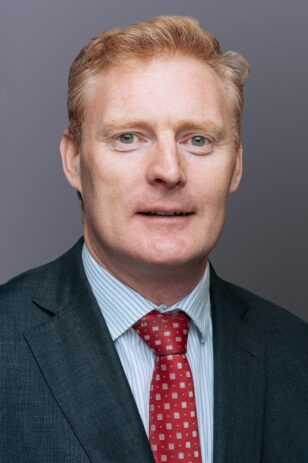St Pauls Chambers have a number of members who have defended and prosecuted in VAT carousel fraud cases. These are often extremely complex and document-heavy cases. St Pauls Chambers offer a complete service and are able to advise clients and provide expertise at all stages of carousel VAT fraud cases.
Carousel fraud, also known as Missing Trade Intra-Community (MTIC fraud) or missing trader fraud, is an example of VAT fraud. It involves cases where VAT rules have been ignored, averted or abused during transactions of imported goods between different EU member states.
How does carousel VAT fraud work?
Carousel VAT fraud is a complicated and highly sophisticated process that is very difficult to detect. Here, we explain the missing trader fraud process in five steps:
- Carousel fraud involves a chain of events, starting with the purchasing of goods from the missing trader, who has purchased these goods from a supplier in another EU Member State.
- The missing trader then sells the goods to another national business, charging VAT. It should then be the role of the missing trader to pay the VAT to HMRC, but fraudsters disappear without doing so.
- The business that has bought the goods then sells them on to another business, charging VAT but then also paying the VAT received from the business before, onto the HMRC.
- This process can continue, but eventually, a broker sells the goods to an EU customer. As this transaction from broker to customer is within the EU, the customer is not charged VAT.
- As the broker paid VAT in purchasing the goods, the broker then reclaims the VAT from the HMRC. This amount is the VAT not paid by missing traders, which solidifies the losses experienced by HMRC.
As you can see, carousel VAT fraud can continuously cycle, which is why it’s described as a carousel.
Who carries out missing trader fraud scams?
Missing trader fraud scams are often conducted by organised crime groups who link illegitimate companies or individuals across borders to facilitate their activity. They often disguise such connections and use fake names and contact details. As a result, this makes it more challenging for HMRC to track them down.
Which industries are typically targeted by MTIC fraud?
Both tangible and intangible goods are targeted in missing trader fraud scams. Sectors that are frequently targeted include telecoms, mobile phones and other high-value electronic goods, precious metals and gas.
What is the impact of missing trader fraud?
Often, cases of carousel fraud involve innocent businesses and, in the past, this has caused for these businesses to lose out. This is because HMRC would hold back VAT repayments to these innocent businesses as the VAT was not given in the first place by the missing trader. However, carousel vat fraud now costs the HMRC a great deal in lost tax avoided by fraudsters. According to a European Parliament report, it is estimated that, in 2015, the UK government lost between £0.5 billion to £1 billion from such scams.
Not only is MTIC fraud damaging to innocent businesses and HMRC, but it’s also damaging to the general public. With heavy VAT losses, the Government loses money that could have potentially been spent on the provision or improvement of public infrastructure and services, such as schools, public transport and hospitals. This is why it’s vital for legitimate businesses and HMRC to be extra vigilant.
Highly organised criminal groups typically conduct VAT carousel fraud, and it is common for these criminals to use the fraudulent money they have illegitimately collected for the funding of other criminal activities, such as drug trafficking or terrorism.
What happens in a carousel VAT fraud investigation?
If you are under investigation for carousel VAT fraud, you will receive a letter from HMRC or a tax audit notice. Upon receiving a letter from HMRC, you should seek out a specialist carousel fraud barrister to provide you with expert legal advice and guidance. The consequences of a carousel VAT fraud conviction are serious, but with the guidance of an experienced carousel fraud barrister, you have the best chance of achieving a positive result.
If you are in need of a specialist fraud barrister in your carousel VAT fraud case, please get in touch with our clerks today. Alternatively, learn more about reporting suspected VAT fraud on our blog.



























